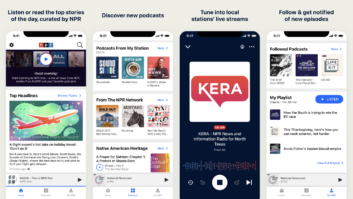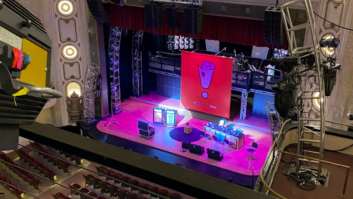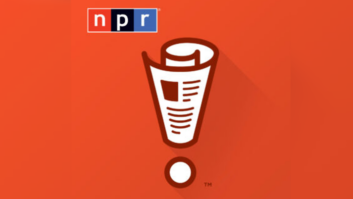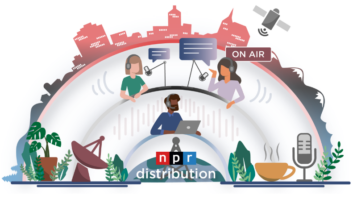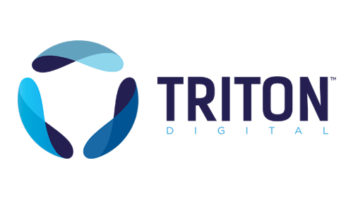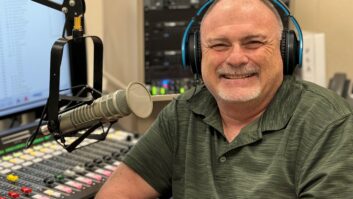
NPR recently launched its first interactive, voice-controlled feature — and it’s a fun one. Fans of the WBEZ staple “Wait Wait… Don’t Tell Me!” can now play along to with the weekly news quiz via Google or Amazon smart speakers.
(If you’re curious how the Wait Wait Quiz works, NPR hosts Ari Shapiro and Sam Sanders both gave it a whirl. Watch them demonstrate it below.)
We turned to three “Wait… Wait” insiders to learn about the voice-controlled quiz’s development and goals.
RW: What inspired the Wait Wait Quiz?
“Wait Wait… Don’t Tell Me!” Executive Producer Michael Danforth: We’ve been trying to create an interactive version of WW for years. Met with app developers, PC game designers, board game builders. We did a newspaper game for a bit and even flew Peter [Sagal] and Bill [Kurtis] from house to house for family game nights. The smart speaker game checked all the boxes and required no travel.
Senior Project Manager Mathilde Piard: NPR has a strong history connecting with listeners, audience participation, and games and quizzes. There’s “Wait Wait… Don’t Tell Me!,” but “Also Ask Me Another” and even newer shows like “It’s Been a Minute With Sam Sanders” has its “Who Said That” segment.
So when we brainstormed different ideas for smart speaker prototypes a year ago, “Wait Wait… Don’t Tell Me!” seemed like the perfect show to test an interactive game concept out. After some rapid prototyping and rounds of user testing and user interviews that showed high levels of interest and engagement with Peter Sagal and Bill Kurtis as the hosts of the quiz, we realized we had something really compelling on our hands and started the work to make it become a reality.
RW: How does this quiz fit into NPR’s larger mission for its presence on smart speakers and other nontraditional/non-radio devices?
New Platform Partnerships Vice President Joel Sucherman: For NPR, phase one of our approach to voice assistants was to simply ensure that the content listeners expect from public radio was available in as easy-to-use utterances as possible. So we wanted to make sure live streams from all member stations were available and discoverable by saying, “Play NPR.” We wanted to ensure that our top-of-the-hour newscasts — “NPR News Now” — were available on demand throughout the day. And finally, it is important to listeners that they can find podcasts on smart speaker devices. Some of those, like “Up First” and “The Indicator” from Planet Money, are available as Flash Briefings too.
But the Wait Wait Quiz begins phase two for NPR, bringing bespoke content, created specifically for Alexa and Google Assistant devices. And it also reflects a real organizational commitment, with the entire “Wait Wait… Don’t Tell Me!” team from Chicago engaged on a weekly basis, with writers coming up with new jokes and Peter Sagal and Bill Kurtis going into a studio each week to record the new questions and answers.
So far, the response has been phenomenal from listeners, who really seem to love being able to play along at home. You can expect to hear more from NPR in the voice assistant space in 2019.
RW: What did you look for in choosing a collaborator? And why did NPR ultimately select VaynerSmart for the quiz’s development?
Sucherman: From the initial conversation, it was clear that Vanyer got what we were trying to do. Their presentation fit our vision, and we knew from their work with the Ellen Show on the Heads Up game that they could handle the deadlines and scale demanded of a high-profile project.
RW: Are there plans to add any other interactive elements to NPR’s smart speaker presence, such as voice commands related to membership?
Sucherman: As with any project, this is just the first version. We expect to continue to iterate, but we haven’t determined what other feature set we might eventually build it. We just wanted to make sure we launched with a game that people loved in the same way that they love the radio show and podcast.





